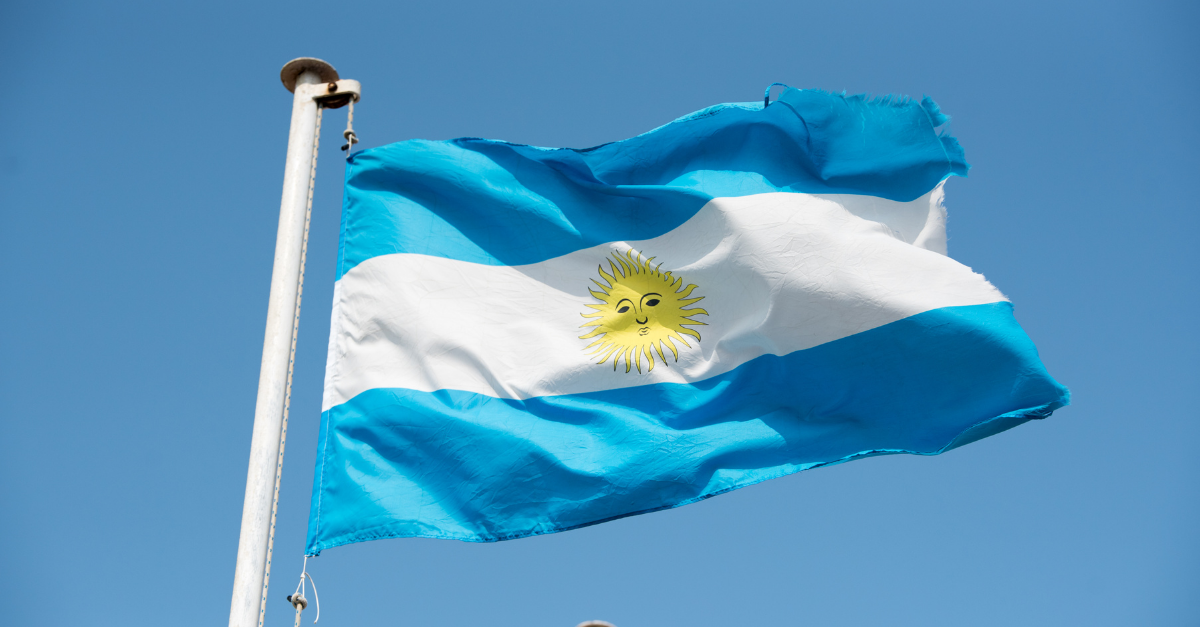
Dollar shortage spreads fear of empty stocks all over Argentina
Aug, 18, 2022 Posted by Gabriel MalheirosWeek 202233
Are we running out of coffee? How about salami for the traditional ‘picada’? Argentines are wondering if their daily habits are at risk due to the currency crisis caused by the dollar shortage, with a significant reduction in international reserves and increasing difficulties in carrying out imports in Argentina.
In order not to disappoint any of its customers, the importer who sells specialty coffee to Agustina Román for her ‘Tres’ coffee shop in Buenos Aires, this time, brought only five bags instead of the usual 10.
– I don’t think there will be a shortage of supplies, but we’ll have to be more careful so that all businesses can be supplied – Román said, warning that Argentina’s import crisis occurs in the middle of winter when demand for coffee rises by 20% to 30%.
Argentina does not produce coffee; it only imports. Nevertheless, Buenos Aires coffee shops are an institution and part of the city’s identity. There is even a list of “notable cafes.”
Salami, an essential ingredient of the traditional picada that is shared at family gatherings or among friends, is, on the other hand, a national product.
But, in order to cook it, up to 25 imported components are needed, including casings and food additives, according to CAICHA, an organization that represents salami and sausage producers in the country.
The crisis in everyday life:
Everything is conspiring against imports in Argentina, including an increase in international prices and freight costs, as well as the country’s dollar shortage. In the face of dwindling international reserves, the government maintains tight control over the exchange rate.
That is another economic problem for the country, which lives with inflation above 70% yearly. In July, Argentine inflation surpassed that of Venezuela.
No dollar, many pesos
For Fernando Furci, general manager of the Chamber of Importers, the main problem has to do with distortions in the exchange market.
– In Argentina, there is a difference of more than 100% between the official exchange rate and that of the parallel market. It could be offset with more exports or other measures, but we don’t have them,” he explained.
Argentina’s gross reserves are around US$37 billion, but analysts estimate that net reserves (after discounting a swap with China and bank reserves, among others) are already in a negative balance.
In June, imports from Argentina totaled US$ 8.5 billion, compared to exports of US$ 8.4 billion, which generated a deficit of US$ 115 million.
With the early arrival of winter, the purchase of fuels and lubricants for US$ 1.9 billion, an increase in the annual comparison of 118.9% in prices and 19.6% in volume, weighed especially on this balance, according to the Institute of Statistics (Indec).
As a result, amid an intense political and economic crisis, import requirements have grown rigorously, and some import payment terms have been extended.
Imports to Argentina are made at the official exchange rate through currency quotas assigned by the Central Bank to companies, based on purchases invoiced in previous years.
The mechanism does not take into account merchandise volumes, so these assigned dollar amounts may force a reduction in purchase volumes if prices are higher.
With this mechanism in place, in the case of coffee, with the increase in international prices of the grain, importers have to reduce their purchase volumes, explained Román.
Source: O Globo
To read the full original article, please go to: https://oglobo.globo.com/economia/noticia/2022/08/com-falta-de-dolares-para-importar-argentinos-temem-ficar-sem-cafe-salame-e-outras-iguarias.ghtml
-
Shipping
Mar, 17, 2023
0
ONE equips another mega container vessel with bow wind shield
-
Grains
Dec, 28, 2022
0
Corn shipments in 2022 to top 2021 volume by 111%, says Anec
-
Environment
Jun, 30, 2022
0
CMA CGM makes industrial scale move into biomethane production
-
Ports and Terminals
Jul, 17, 2023
0
Itajaí-Açu Port Complex Records Strong Growth in June

